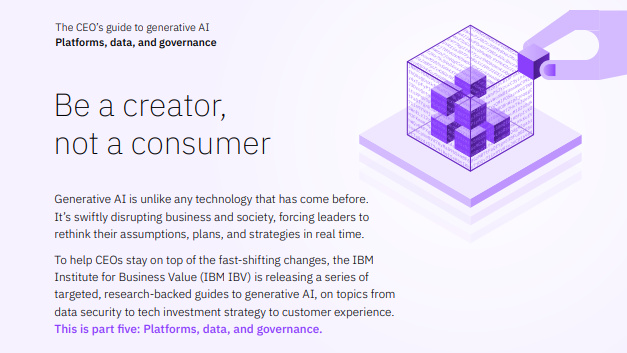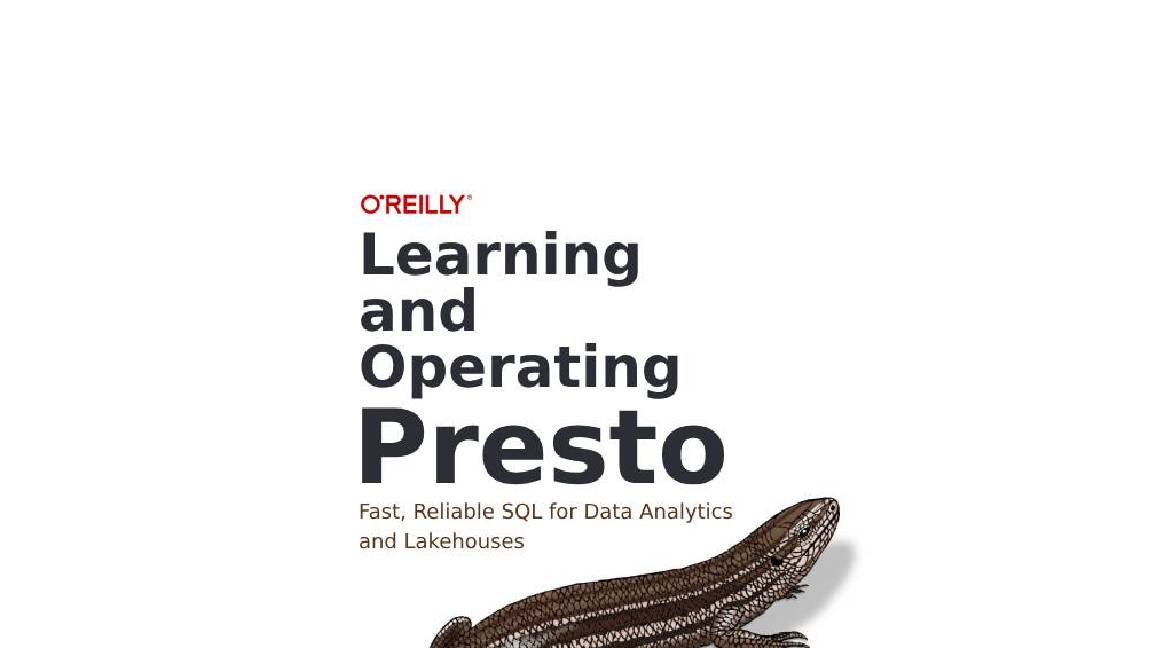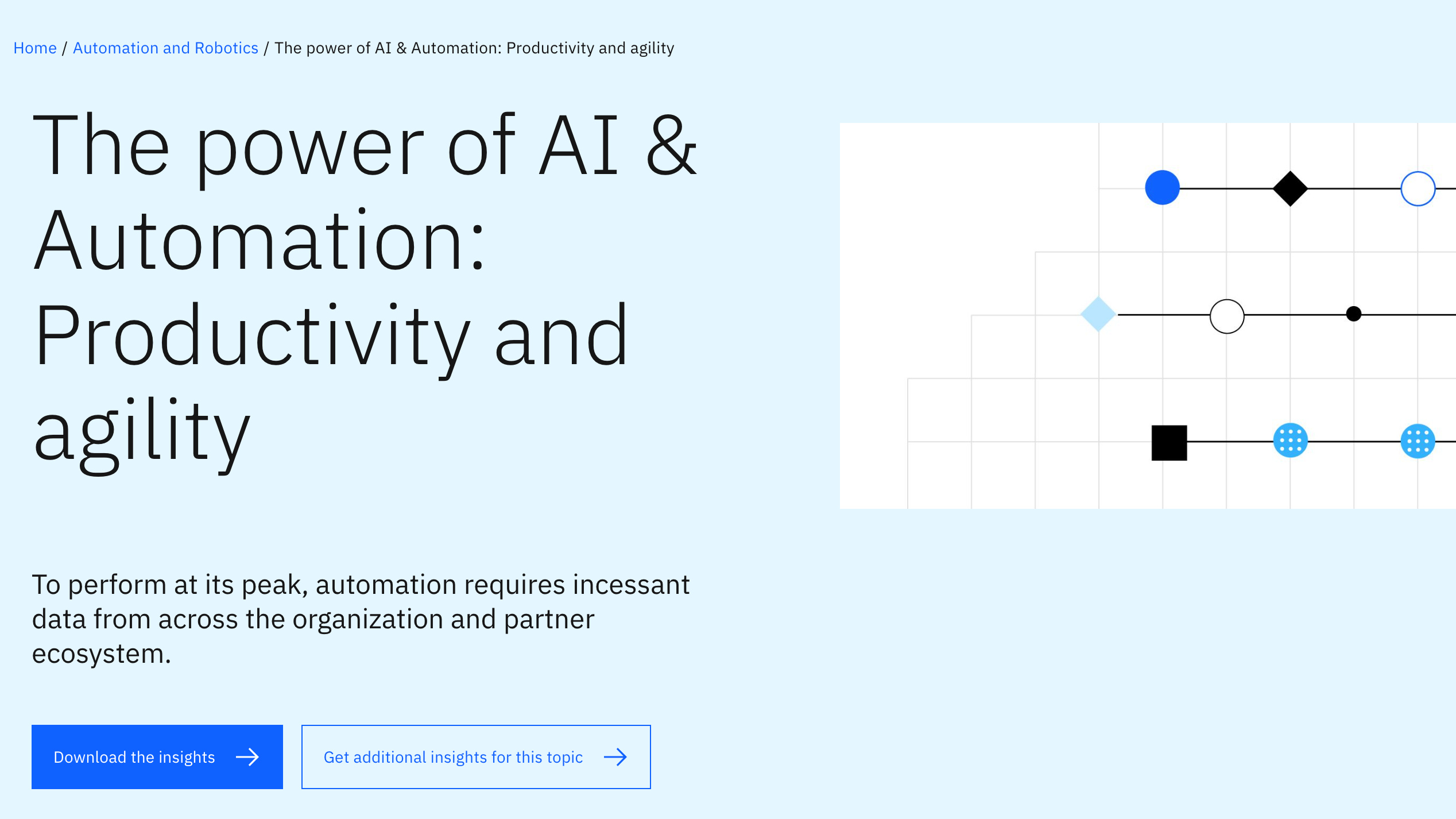Why do you need a good data team?
Understanding the three core roles is key

Our world is increasingly overflowing with data. Seagate estimates that the global datasphere will have grown from 45 zettabytes in 2019 almost fourfold to 175 zettabytes by 2025. Data is everywhere, generated every minute of every day – the trick is learning how to harness it to its full potential.
The case for the importance of a comprehensive data strategy is well established. How you collect and utilise data is key to digital transformation. It can make or break your enterprise – and in the best-case scenarios it will give you the insight to optimise operations today and plan effectively for the future.
For the vast majority of businesses, there comes a point at which a data team becomes essential. As such, it is important to understand the core roles that make up a data team, how to go about building one, and the role that tech resourcing services like those provided by Merit can help.
Data engineer vs data analyst vs data scientist
While the potential job titles and specific roles of data team members can present as daunting in their variety, there are three key job titles IT decision makers should get to grips with: data engineer, data analyst and data scientist.
The data engineer is the most purely technical of the three roles, having a lot in common with other software development fields and some overlap with roles including database developers and administrators. They build, test and maintain data architecture and pipelines, making use of ETL and other tools to create an environment in which data analysts and scientists are able to perform their own tasks. It is the responsibility of data engineers to ensure that the data is properly received, transformed and stored to make it accurate and accessible for their colleagues in the data team, who can focus on analysing the data itself.
Data engineers focus on building, maintaining and optimising these key systems. While they are not involved in the decision-making process in the way that data analysts and scientists are, it is their support that enables the work of the data team to happen at all.
Data analyst is broadly considered to be the most entry-level of these roles (although plenty of more senior data analyst roles also exist). The role of the data analyst is to analyse data, use the information extracted to answer questions relevant to the business and then communicate their findings to help develop careful, data-driven decisions.
Data analysts perform data cleansing and transformation tasks, and provide insights to help their colleagues and other departments optimise their work, whether that’s assisting the marketing team in refining their latest campaign or helping sales representatives identify which demographics they should be targeting. While a mathematical background isn’t necessary, a good understanding of statistics is important, and the ability to visualise results and clearly and concisely communicate their findings to the wider business is crucial.
While data analysts tend to focus on answering short-term questions and delivering fast, actionable responses, data scientists take a broader and more long-term view. They apply AI and machine learning to data to make predictions and help steer the direction of the business into the future. While the two roles have a lot in common, data science requires more advanced technical skills, such as understanding multiple programming languages, and being able to work with machine learning algorithms and statistical tools. Unlike a data analyst, a data scientist will work with unstructured data as well as structured data.
Data science has emerged as one of the most exciting and in-demand roles in the tech sector, utilising cutting-edge technology like high-performance computing in a field that continues to grow and develop. As such, these roles require a strong mathematical and statistical background and relevant qualifications. By creating predictive modelling processes and analysing vast amounts of data, data scientists can play a key role in helping decision makers take informed, data-driven decisions.
Working in tandem, these roles can deliver strong and accurate insights. Data engineers develop the right tools for the job, and data analysts and scientists use them to produce the optimum results. Smaller companies may decide to merge roles, while larger organisations dealing with vast amounts of data and multiple databases or data inflows may choose to have several employees fulfilling each role. The exact configuration of the team will be dependent on your needs.
Building your team
As data permeates the modern business world, a startup will soon find its data lakes filling up, while an established organisation is likely to be awash already. In other words, it’s never too early to start putting your data team together and training AI and machine-learning algorithms on your data. However, there are certain restrictions and issues that you should take into account when assembling your team.
It’s important to manage your expectations. A new team will need to establish your data architecture, get to grips with your data sources and begin training the relevant algorithms. This can take time, and is likely to require months or even years to start showing returns. Patience is key.
While we’ve established the three core roles, there are many permutations, offering different specialities or areas of focus. In this fast moving field, new roles will also continue to emerge, such as data translators, who specialise in communicating the insights of data scientists to the rest of the business. To recruit the best candidates to fulfil your company’s particular needs, it is advisable to keep abreast of the latest developments in the field and seek external advice if you need it.
Data roles are in high demand, with the Royal Society reporting in 2019 that demand for workers with specialist data skills like data scientists and data engineers having increased by 231% over five years. The lack of supply has led to a skills gap that can add to the challenge of recruiting for your team.
One solution to this shortage is to partner with companies that can help you to access such specialist resources. Organisations like Merit can provide or extend existing data teams. Drawing on 17 years of experience, Merit can identify the exact data requirements and needs of your organisation, and can also help assemble a team to create cost-effective solutions for achieving your business goals and targets. Alternatively, Merit can provide resources for these roles from its vast pool of experts. These services can be used to fill gaps in your data team or provide support on particular projects. Merit offers the flexibility to scale up and down as you require, so you can build in extra support at peak times or if your data team finds itself overwhelmed.
Data teams are essential for understanding the workings of your business and optimising it for the future. With sufficient planning, advice and support, you can uncover the true value of your data.
Get the ITPro daily newsletter
Sign up today and you will receive a free copy of our Future Focus 2025 report - the leading guidance on AI, cybersecurity and other IT challenges as per 700+ senior executives
ITPro is a global business technology website providing the latest news, analysis, and business insight for IT decision-makers. Whether it's cyber security, cloud computing, IT infrastructure, or business strategy, we aim to equip leaders with the data they need to make informed IT investments.
For regular updates delivered to your inbox and social feeds, be sure to sign up to our daily newsletter and follow on us LinkedIn and Twitter.
-
 Empowering enterprises with AI: Entering the era of choice
Empowering enterprises with AI: Entering the era of choicewhitepaper How High Performance Computing (HPC) is making great ideas greater, bringing out their boundless potential, and driving innovation forward
By ITPro
-
 The CEO's guide to generative AI: Be a creator, not a consumer
The CEO's guide to generative AI: Be a creator, not a consumerWhitepaper Innovate your business model with modern IT architecture, and the principles of trustworthy AI
By ITPro
-
 Learning and operating Presto
Learning and operating Prestowhitepaper Meet your team’s warehouse and lakehouse infrastructure needs
By ITPro
-
 Scale AI workloads: An open data lakehouse approach
Scale AI workloads: An open data lakehouse approachwhitepaper Combine the advantages of data warehouses and data lakes within a new managed cloud service
By ITPro
-
 Managing data for AI and analytics at scale with an Open Data Lakehouse approach
Managing data for AI and analytics at scale with an Open Data Lakehouse approachwhitepaper Discover a fit-for-purpose data store to scale AI workloads
By ITPro
-
 The power of AI & automation: Productivity and agility
The power of AI & automation: Productivity and agilitywhitepaper To perform at its peak, automation requires incessant data from across the organization and partner ecosystem
By ITPro
-
 A guide to help you choose the UPS battery backup for your needs
A guide to help you choose the UPS battery backup for your needsWhitepaper Download this guide and stay connected with a UPS that's free of interruption or disturbance
By ITPro
-
 Managing data for AI and analytics at scale with an open data lakehouse approach: IBM watsonx.data
Managing data for AI and analytics at scale with an open data lakehouse approach: IBM watsonx.datawhitepaper Eliminate information silos that are difficult to integrate
By ITPro


